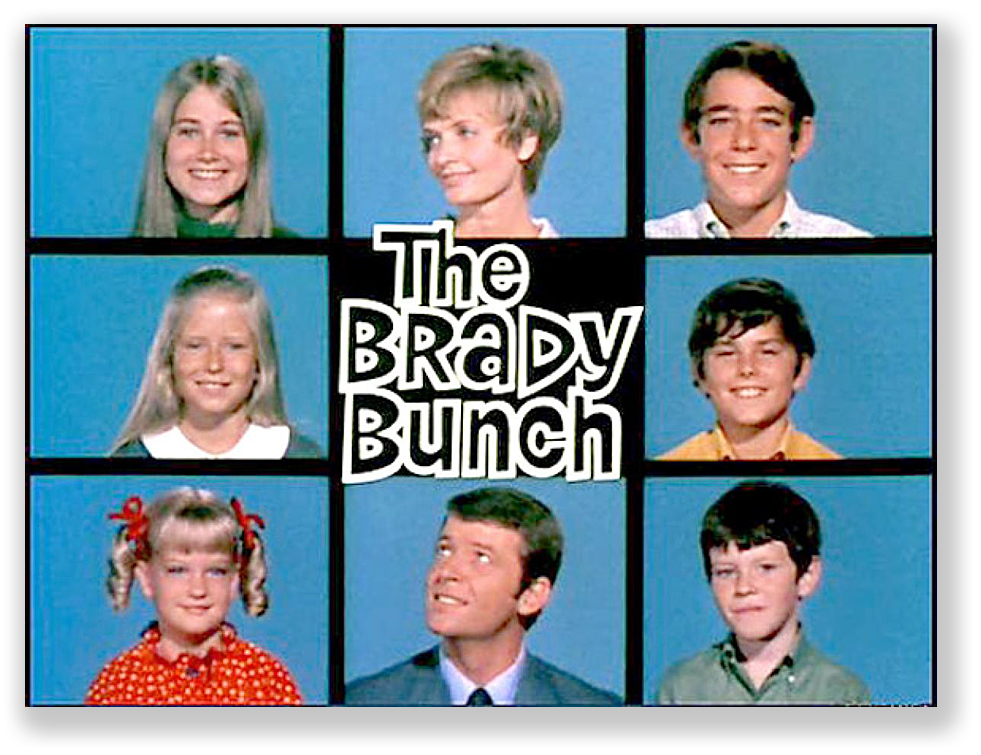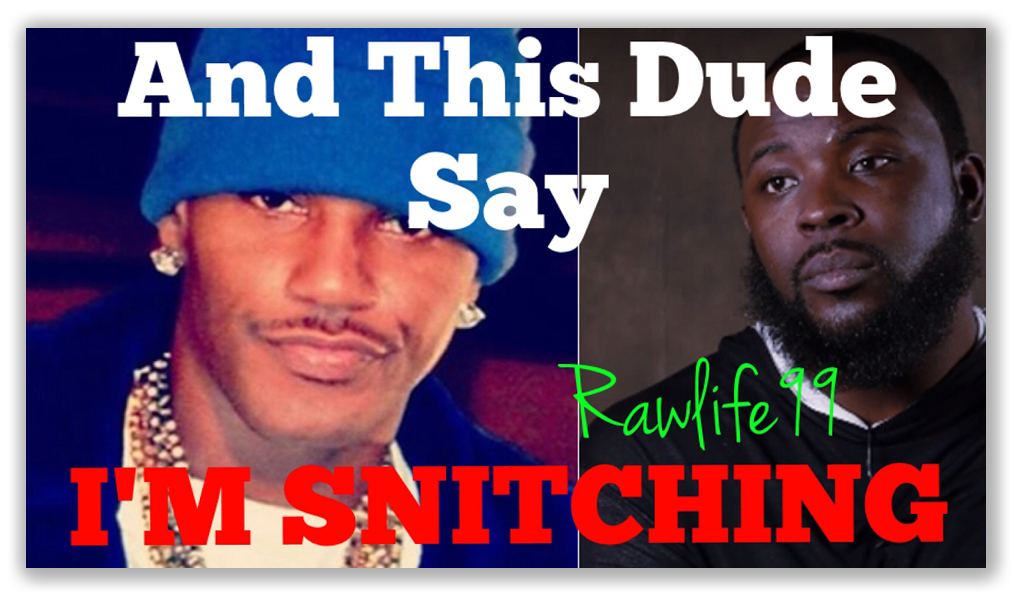We post news and comment on federal criminal justice issues, focused primarily on trial and post-conviction matters, legislative initiatives, and sentencing issues.

TWO APPELLATE DECISIONS, ONE UP, THE OTHER DOWN, ON BRADY
Two different circuits ruled on Brady issue claims last week, with quite different results.
 A primer: The idea that the prosecution in a criminal case ought to provide the defense with any evidence that tends to exonerate the accused seems pretty reasonable, indeed, a constitutional imperative. But until the 1960s, if the government had four witness statements that said that the victim was attacked by a 4-foot tall female bald albino, and only one statement accusing a 6’6″ black man with dreadlocks down to his waist, prosecutors were free to hide the short albino statements in its files, and just use the dreadlock witness at trial.
A primer: The idea that the prosecution in a criminal case ought to provide the defense with any evidence that tends to exonerate the accused seems pretty reasonable, indeed, a constitutional imperative. But until the 1960s, if the government had four witness statements that said that the victim was attacked by a 4-foot tall female bald albino, and only one statement accusing a 6’6″ black man with dreadlocks down to his waist, prosecutors were free to hide the short albino statements in its files, and just use the dreadlock witness at trial.
But in 1962, the Supreme Court held in Brady v. Maryland that in a criminal case, the prosecution must turn over all evidence that might exonerate the defendant (exculpatory evidence) to the defense. Since then, “Brady material” has become the legal shorthand for any evidence that, had it been disclosed to the defense, raises a ‘reasonable probability’ that the outcome of the case would have been different. A ‘reasonable probability,’ as any post-conviction remedy fan can recite, is “a probability sufficient to undermine confidence in the outcome.”
Now back to the live action: Last week, the 6th Circuit reversed the conviction of Dr. Richard Paulus, a cardiologist who had been convicted of healthcare fraud. The government claimed he had performed heart stent procedures that were unnecessary. Government experts who looked at his medical records concluded that up to 50% of his procedures were not called for by the patient’s condition.
This became the government’s business, of course, because most of those procedures were performed on “OK boomers” like the undersigned, and were paid for by Medicare.

When the government’s concerns about Dr. Paulus first came to light, the hospital where he worked brought in its own experts to determine whether it owed Medicare a refund. Its experts studied 1,049 heat stent procedures performed by Doc Paulus, and found that 75 operations were unnecessary. Because the hospital and Dr. Paulus were on the “outs” by then – with a full-blown investigation targeting the Doc – the hospital did not share its study with him.
As trial approached, the government told Dr. Paulus’s lawyers the hospital had offered to reimburse on 75 cases, but it did not tell them that a full 1,049 files had been examined. This was significant: at trial, the government’s expert, who had studied many fewer Paulus procedures, testified that up to half of the operations were unnecessary. The hospital’s expert found an “error rate” of less than 8%.
The irony is that the government wanted to give the study to the defense before trial, because the government believed it was Brady material. But the hospital claimed the study was privileged, and the district judge held – after a hearing that excluded the defense – that the study was inadmissible and could not be given to the defense.
Dr. Paulus’s lawyers discovered the contents of the complete study after the trial. Last week, the 6th Circuit reversed, in a decision that sharply criticized the judge’s use of an ex parte proceeding that shut out the defense. On appeal, the government claimed the study was not Brady material after all, because the Doc could have discovered the full study on his own. After all, the government said, Dr. P knew about the 75 cases the hospital said were faulty, and he could have asked the hospital how big the sample was, or subpoenaed the hospital, or something.
 The 6th disagreed. “Brady does not allow the State simply to turn over some evidence, on the assumption that defense counsel will find the cookie from a trail of crumbs,” the Court said. The evidence was material, because instead of a 50% error rate (which implied the Doc was intentionally doing needless operations), there might be a 7% rate, taken from a bigger sample. That “wasn’t an error rate,” The Wall Street Journal said last weekend, “but a ‘disagreement in medical judgment rate’.”
The 6th disagreed. “Brady does not allow the State simply to turn over some evidence, on the assumption that defense counsel will find the cookie from a trail of crumbs,” the Court said. The evidence was material, because instead of a 50% error rate (which implied the Doc was intentionally doing needless operations), there might be a 7% rate, taken from a bigger sample. That “wasn’t an error rate,” The Wall Street Journal said last weekend, “but a ‘disagreement in medical judgment rate’.”
The 6th Circuit acted last Thursday, and Dr. Paulus was released from prison the next day.
Meanwhile, things did not go as well for Steve Mason. Being tried for a drug conspiracy, Steve faced one of his former conspirators, now testifying for the government. Before trial, the US Attorney obtained a letter it believed its witness, Ned James, had written, that claimed Ned was going to “lie on everybody” in order to get off. Ned denied writing the letter, but he failed a polygraph. While a government handwriting expert said the letter had not been written by Ned, Ned’s former cellmate, Jazz, said Ned had written it, But Jazz got released from jail and promptly died of a drug overdose. Willie Walker, another co-conspirator, said Jazz had written the letter, too, but Willie took the 5th Amendment and refused to testify at trial.
The government withheld the letter until the very start of the trial. The defense wanted to use it, but the judge said it could not bring up Ned’s failed polygraph.
On appeal, Steve claimed the government breached its Brady obligations. Steve argued that if his lawyers had gotten the letter earlier, maybe they could have found proof Ned had written it.
 The DC Circuit disagreed. By the time the government discovered the letter, Jazz had already died, so the defense could not have interviewed him. The Circuit wrote that “mere speculation is not sufficient to sustain a Brady claim… Hypothesizing that certain information, had it been disclosed to the defense, might have led defense counsel to conduct additional discovery that might have led to some additional evidence that could have been utilized is disfavored… The argument that an earlier disclosure might have led Mason to uncover other promising leads is simply too speculative to undermine our confidence in the outcome of the trial.”
The DC Circuit disagreed. By the time the government discovered the letter, Jazz had already died, so the defense could not have interviewed him. The Circuit wrote that “mere speculation is not sufficient to sustain a Brady claim… Hypothesizing that certain information, had it been disclosed to the defense, might have led defense counsel to conduct additional discovery that might have led to some additional evidence that could have been utilized is disfavored… The argument that an earlier disclosure might have led Mason to uncover other promising leads is simply too speculative to undermine our confidence in the outcome of the trial.”
United States v. Paulus, 2020 U.S. App. LEXIS 6929 (6th Cir. Mar. 5, 2020)
Wall Street Journal, A Court Corrects a Medical Injustice (Mar. 6)
United States v. Mason, 2020 U.S. App. LEXIS 7043 (DC Cir. Mar. 6, 2020)
– Thomas L. Root

